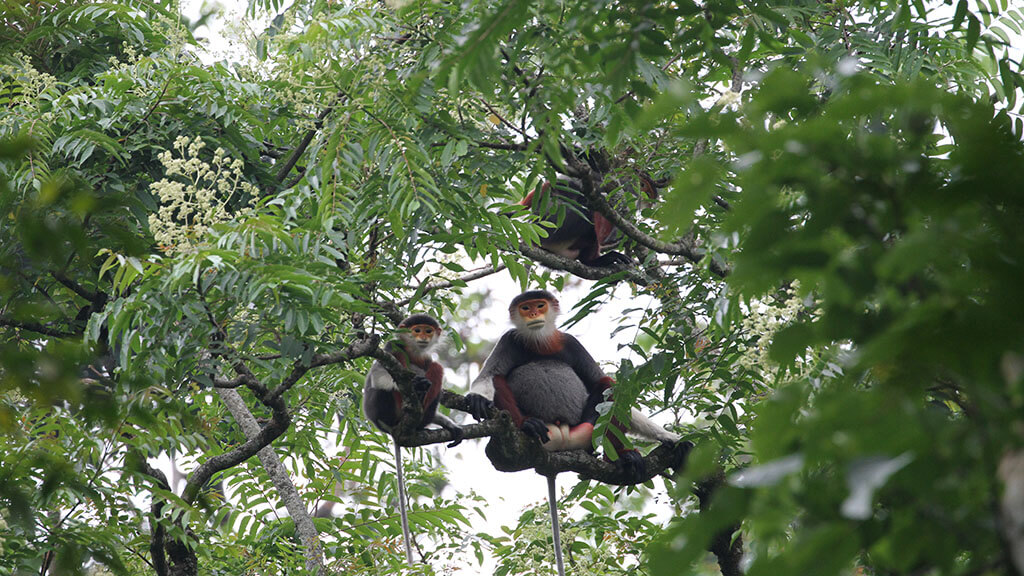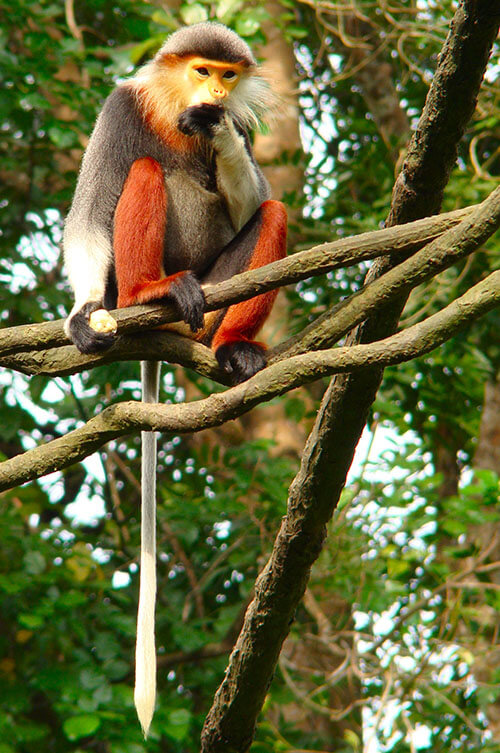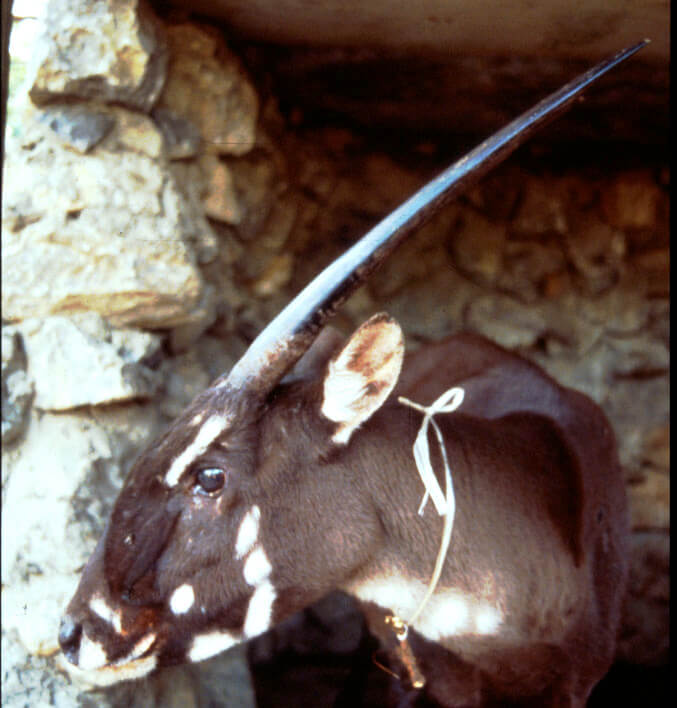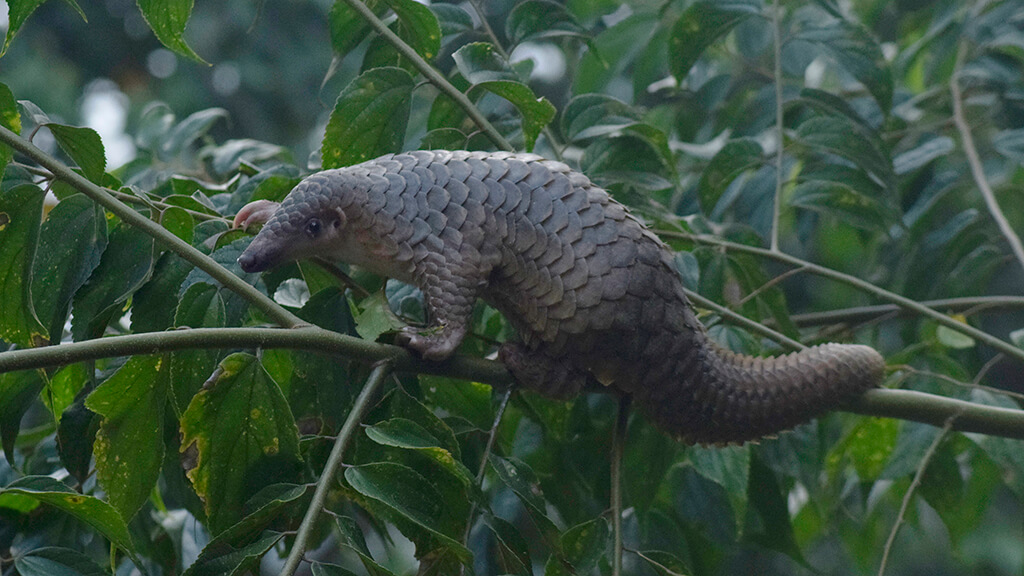IT’S ALL about electronic communication nowadays, but the UK still produces 200 million greeting cards each year. And as with almost everything else, that comes with an environmental cost.
UK Greetings, a direct-to-retail publisher and manufacturer, says all its greeting cards will be offset through the global conservation charity World Land Trust’s Carbon Balanced Paper programme. The move, one of the largest commitments to date, will offset close to 10,000 tonnes of CO2 relating to the manufacture of the board used to produce cards.
Chris Shaw, the firm’s head of sustainability, says UK Greetings is committed to reducing impacts in every aspect of the business. “Since 2019, we have removed over 250 tonnes of single use plastic from our cards and reduced our carbon footprint by 400 tonnes simply by improving our energy efficiency,” he says.
“We work closely with our suppliers to help ensure that every card and paper product can be physically traced back to sustainably managed forests. Choosing carbon-balanced paper was a natural next step in our sustainability journey.”

The initiative supports the World Land Trust in its efforts to protect the world’s most biologically significant and threatened habitats. UK Greetings will fund the protection of 635 acres of threatened habitat in the Khe Nuoc Trong region of Vietnam.


It’s the trust’s largest project, spread over 52,000 acres in the Annamite Mountain Range of north-central Vietnam. A remnant of biodiverse tropical forest in a land blighted by deforestation, Khe Nuoc Trong provides a sanctuary for threatened wildlife, including critically endangered species such as the sunda pangolin, the red-shanked douc langur, and one of the world’s rarest large mammals — the saola, or “Asian unicorn”.

Dan Bradbury, director of communications and development at the World Land Trust, says WLT works with a network of local partners in 20 countries to save, protect and restore critically threatened habitat for wildlife. In doing so, it locks up carbon and addresses climate change.




























